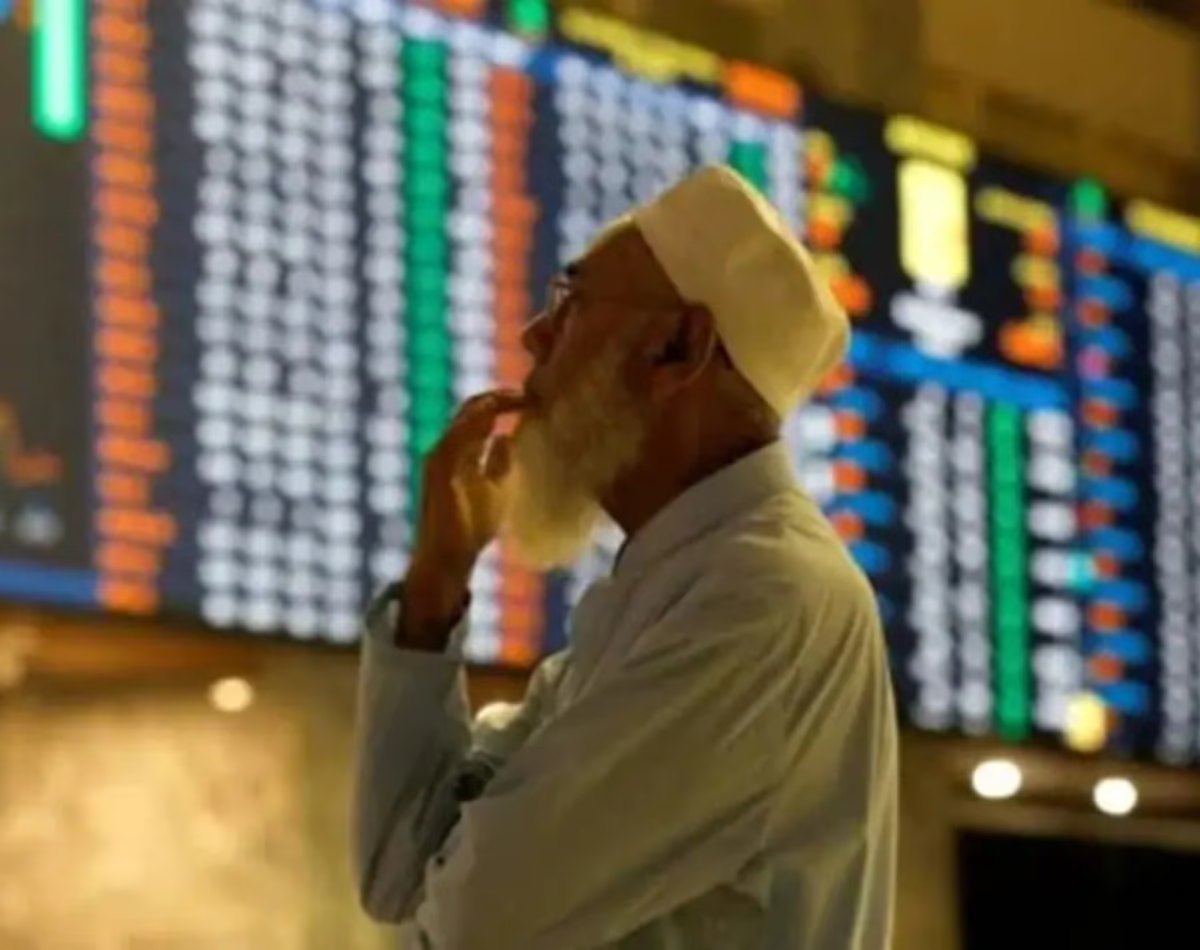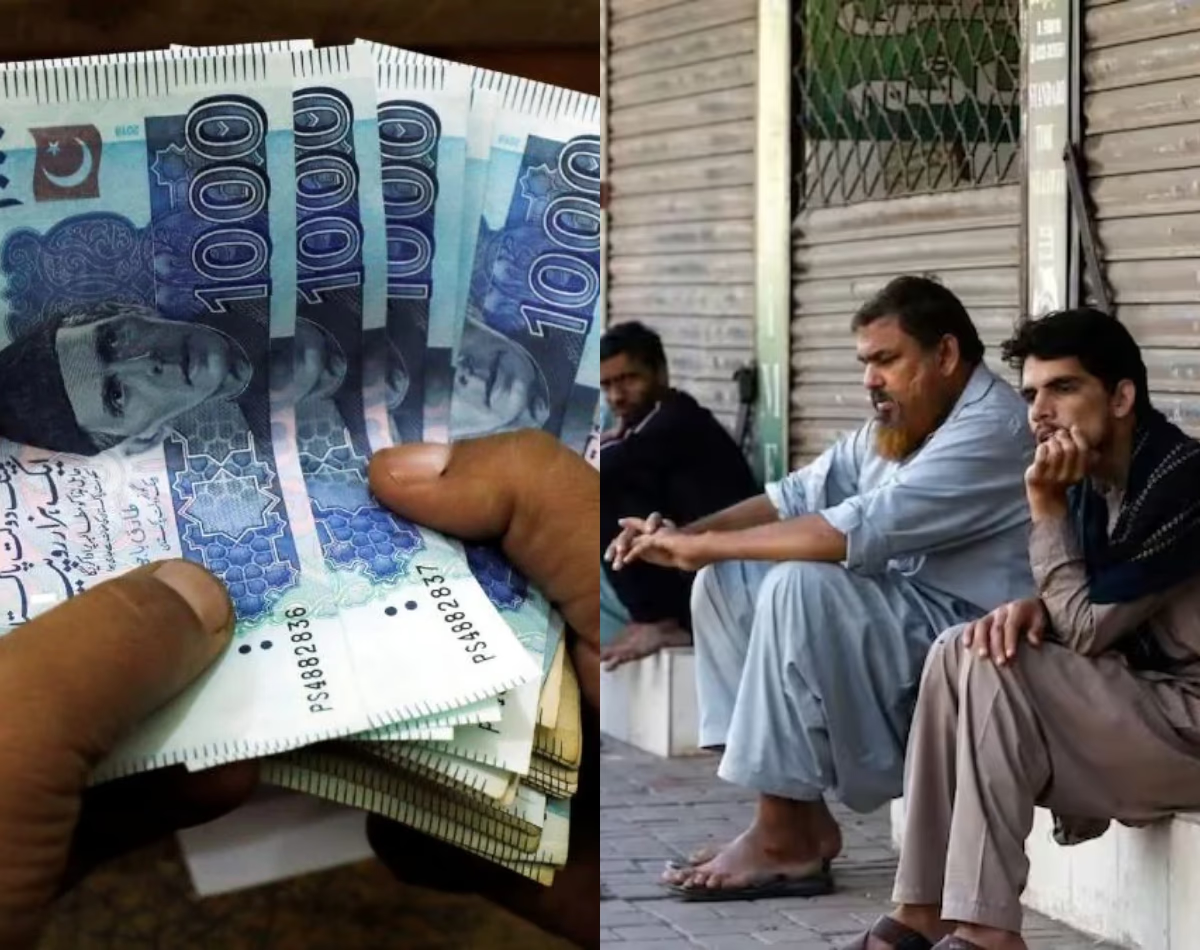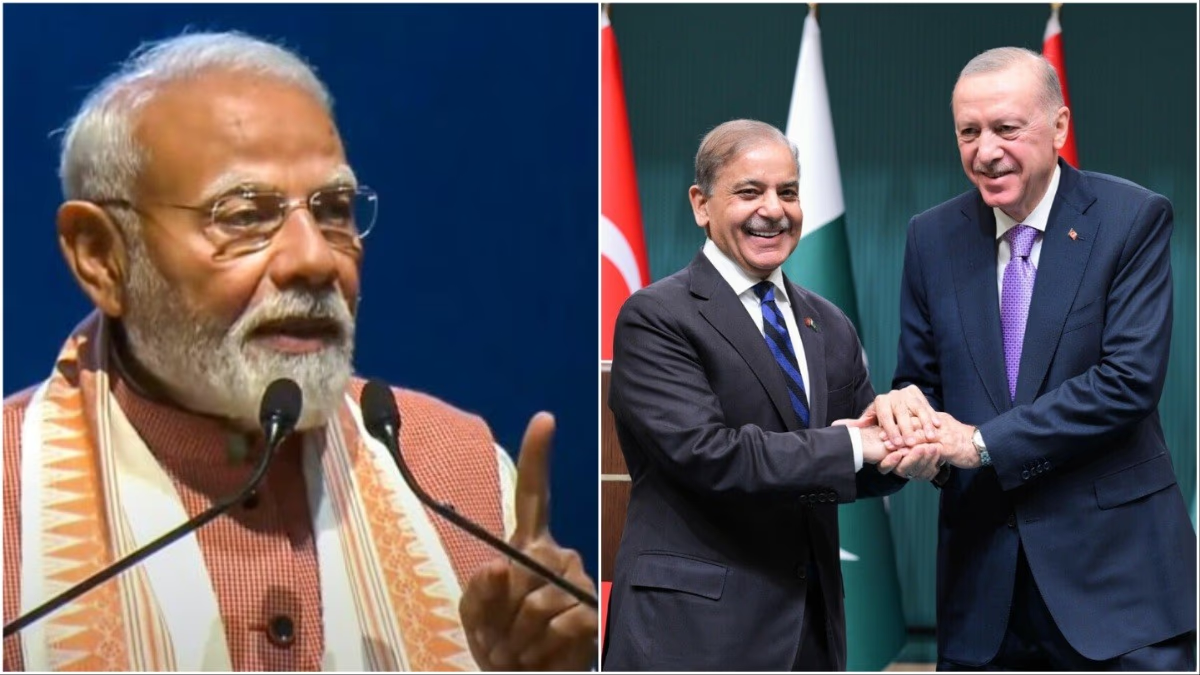The tension between India and Pakistan (India-Pakistan Tension), which began after the Pahalgam Terror Attack, is reaching critical levels. While Pakistan is issuing nuclear threats, India is well-prepared. The Ministry of Home Affairs has issued directives for all states to prepare for civil defense. Consequently, on May 7, a mock drill will occur with war siren alerts. In this strained environment, India’s stock market and forex reserves are on the rise, whereas Pakistan is facing severe challenges. The Pakistan Stock Market is crashing, and the nation's treasury is depleting. Foreign agencies are warning impoverished Pakistan that warring with India guarantees its devastation.
Pakistan Faces Consecutive Setbacks
The Indo-Pak tension is at a high level. Post-Pahalgam attack, India has imposed a series of stringent measures on Pakistan, such as the suspension of the Indus Water Treaty leading to a water blockade and closing the Atari Border in an economic strike. Pakistan, already on the brink of despair, is feeling the weight of these measures. The impact is clear on Pakistan's stock market and treasury.
Pahalgam Attack Exacerbates Pakistan's Plight
The ongoing pressure on Pakistan's stock market stems from tensions with India. Since the April 22 Pahalgam Terror Attack, the Pakistani stock market (Pak Stock Market Crash) has plunged significantly. The KSE-100 Index has dropped over 8,000 points, leaving investors anxious and selling off, further shaking the Pakistan stock market.

Source: aajtak
Stock Market Crash, Empty Coffers
Amidst the Indo-Pak tension, Pakistan continues threatening India, yet its financial state speaks volumes about its preparedness for war. A nation cannot sustain war on mere power display; it requires credit, credibility, and substantial funds—all of which Pakistan currently lacks. Its foreign exchange reserves are barely $15 billion compared to India's robust $688 billion reserve. International agencies have started to issue warnings to Pakistan.
On Monday, Moody's released a report indicating that if war breaks out with India, Pakistan's devastation is certain. The report warns that increasing tensions could severely impact Pakistan's foreign exchange reserves and economic growth rate.
Trust in India, Warns for Pakistan
Moody's report clearly warns Pakistan that heightened India-Pak tensions or a war scenario poses minimal disruption to India's economic activities due to limited trade with Pakistan. Conversely, economically strained Pakistan faces further setbacks.

Source: aajtak
Debt-Ridden Pakistan's Challenge
Following the Pahalgam attack, the world witnessed Pakistan's agitation. Aware of its economic fragility and facing India’s strong stance, the Shahbaz Sharif government is pleading for economic aid from China and the IMF, requesting $1.3 billion from the IMF and a swap line extension from China.
The looming crisis and India’s war potential are highlighted by Pakistan's nuclear threat alongside $131.1 billion in debt, 42% of its GDP. External debts constitute 85%, largely from China. Inflation exacerbates the situation, burdening citizens with exorbitant costs for essentials like bread and lentils. With war clouds looming, these challenges are set to escalate.




